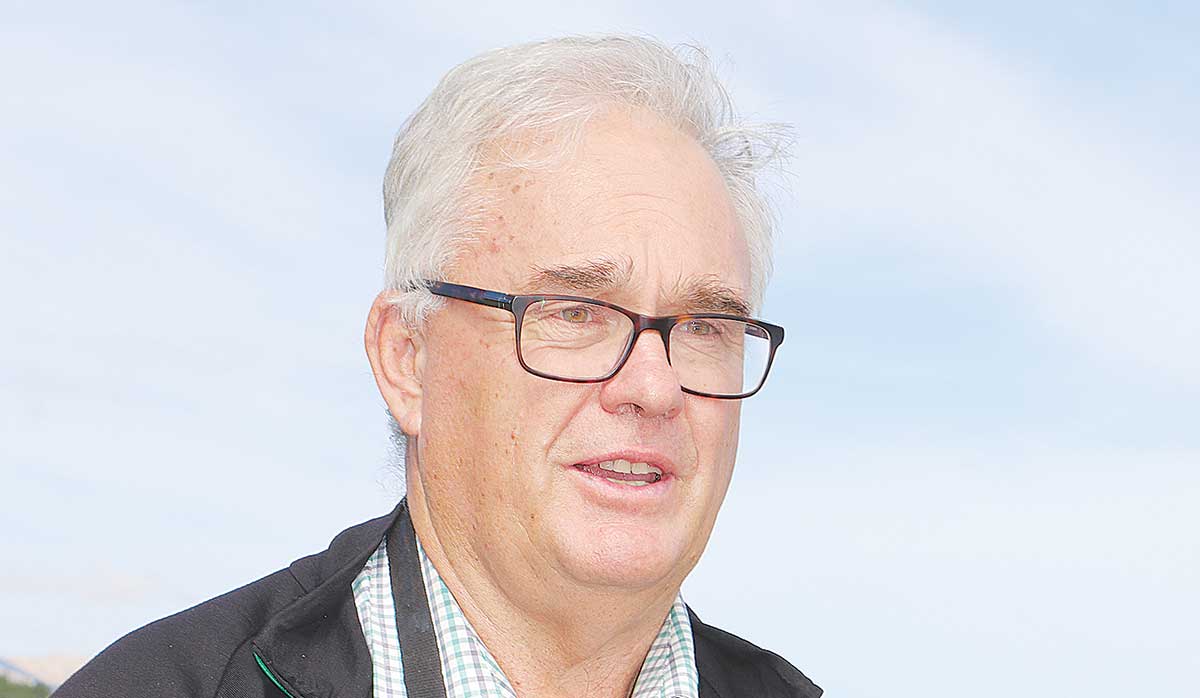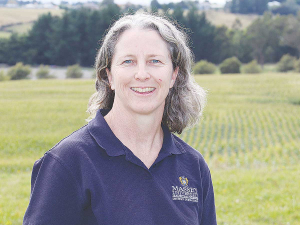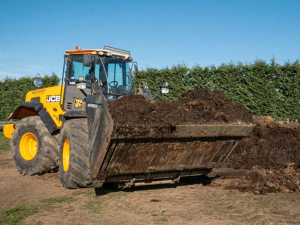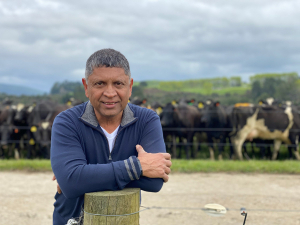Massey University is leading the carge to train rural professionals to help farmers to produce Farm Environment Plans (FEPs). It is running a series of courses ranging from introductory through to an advanced course. Peter Burke caught up with the participants at the advanced course at Massey recently.
The scene is Massey University's number 4 dairy farm on the outskirts of Palmerston North.
Dr Mike Bretherton and Dr Lucy Burkitt, along with farm manager Josh Mitchell, start off by briefing the five members of the course and then it's on to a tour of the property. No 4 dairy is a 250ha farm, divided into 90 paddocks where 600 cows are run. The farm is run both commercially and for research purposes.
On this day, the five highly-qualified farm consultants are doing the advanced FEP course. There is an introductory and intermediate course, both of which are run online. There is a significant element of on-line work for the advanced course as well, but the main difference is that there is a four day practical session on farm. The advanced course last for 10 weeks.
Burkitt says normally people going on the advanced course would have done the intermediate course, but - in this case - all the participants are highly qualified rural professionals who meet the entry criteria for the advanced course.
"The advanced course is where the rubber hits the road. The four days are taken up by visiting three different farm types - dairy, sheep and beef and arable," she told Rural News. "At the end of it, they are required to complete FEPs on all three farm types. We have given them some guidance on some of the farms and devised a staged strategy for them to complete their plans."
The courses have been run with the support and input from industry groups such as DairyNZ and Beef + Lamb, MPI and fertiliser companies. There is a reference group set up to provide input into the courses.
Burkitt says there is strong demand for all the courses with the intermediate courses fully subscribed to the end of May and a June course is now being offered. The intermediate course, she says, acts as a feeder course to the advanced one.
A Participant's Perspective
 |
|---|
|
Ravensdown’s James Livingston believes that by keeping his skills up-to-date, farmers will get the best advice and farm in such a way that they are not going to create any undue environmental problems.
|
Richard Parkes works for the Catalyst Group, which specialises in environmental management. Previously he's worked for Greater Wellington Regional Council and Beef + Lamb NZ. Parkes is doing the advanced course to get himself current in the FEP space and to get an insight into what training opportunities there are for staff they may bring through their organisation.
"What really stood out for me was Massey recognising that freshwater farm plans need to be different for different land uses," he told Rural News.
"So, on this course, we will complete a freshwater farm plan for a dairy farm, a different one for a hill country sheep and beef farm, another for arable farm. I think what is great is that Massey is taking a lead around these freshwater farm plans. Their material is academic and science driven so whatever ends up in the plan will have that solid base to it as opposed to be being quite politically driven."
Parkes says the focus has to be on peer reviewed science and making sure that when they put a farmer's plan together everything is referenced correctly. He says a lot of farmers are being proactive around environmental issues but are looking for some certainty around what a freshwater farm plan looks like.
"My advice is when they do a plan, take it beyond what a regulatory minimum might be," he says.
Rebecca Robertson came up from Southland to do the course. She works for Southern Land and Water Planning, which is based in that province and have a small office in Invercargill. She says they do primarily resource consents and a bit of policy advice but are now starting to get a bit more into farm planning and budgets.
"I was keen to come on the course just to make sure what we are doing is correct and get more knowledge around the farm planning process," she says. "Also, to see how Massey sees the issues and to benchmark myself to make sure that the advice I am giving to people is the correct advice."
Robertson says the field trip is an excellent idea because down in Southland they have different property types. She says although the climate may be different to the Manawatu, where the field trips are being held, the principles of putting a FEP together is the same.
James Livingston, who works for Ravensdown in Taranaki, was another of the course attendees. He says his company has spent a lot of money on getting farmers to have the correct nutrient recommendations. Livingston says anything that affects that, given the problems the industry faces, means that people like himself need to keep themselves upskilled.
"I have recently been on the intermediate course and now I am on the second version of it," he told Rural News. "Most Ravensdown staff will go to this sort of course or a Massey or Lincoln course every year because we are all university graduates and the company recognises that you need to keep your skills up to date.
"We have got certain standards we have to meet and how we do that is the question and that is why we go to Massey because they've done the research and we have the task to take that message out to the farmers," he says.
Livingston believes the goal is that by keeping their skills up-to-date farmers will get the best advice and farm in such a way that they are not going to create in any undue way environmental problems.












